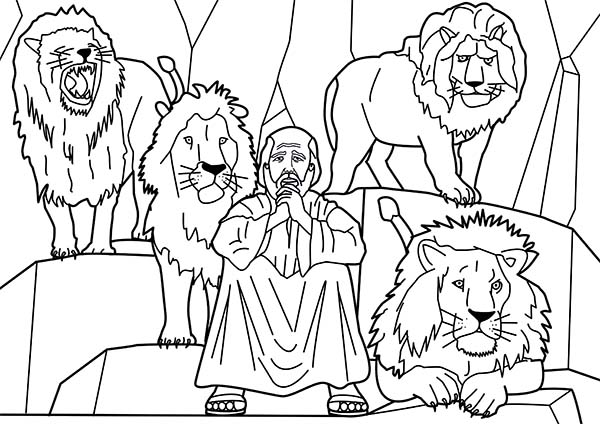When he took Babylon, Cyrus records this assessment of Belshazzar: "A coward was put in charge as the king of this country ... With evil intents he did away with the regular offerings to the gods ... and desecrated the worship of the king of his gods, Marduk." BM90920
Here is the Babylonian cuneiform record of the coming of Cyrus: On the 14th day, Sippar was taken without a fight. Nabonidus then fled for his life. On the 16th day, Gubaru (Darius the Mede) the leader of Gutium along with the army of Cyrus entered Babylon without any opposition. Later they arrested Nabonidus when he returned to Babylon. On the third day of the month of Arahshamnu, Cyrus marched into Babylon, and they laid down green branches in front of him. The city was no longer at war, Peace being restored. Cyrus then sent his best wishes to the residents living there. His governor, Gubaru, then installed leaders to govern over all Babylon. BM35382
Gubaru was born in 601BC, making him 62 at the taking of Babylon. Darius is a title for rulers used by the Medes. According to the Talmud and Midrash, Darius was the uncle of Cyrus, and after killing her father, took Vashti, daughter of Belshazzar as a wife for his son Ahasuerus featured in the book of Esther.
As Darius replaces Belshazzar, Daniel realizes that the end of the Jews' prophesied 70 year captivity is getting close. In the first year of his reign, I Daniel understood by books the number of the years, whereof the word of the Lord came to Jeremiah the prophet, that he would accomplish seventy years in the desolations of Jerusalem. And I set my face unto the Lord God, to seek by prayer and supplications, with fasting, and sackcloth, and ashes. Daniel 9:2-3

Next Cyrus says that the great dragon worshipped by Babylonians is at least alive. Daniel asks permission to kill the dragon without sword or staff. He feeds it a mixture of "pitch, fat, and hair" which the dragon gobbles up and they cause the dragon to burst.
The remaining priests of Babylon are rather upset, accuse Cyrus of favoring the Jewish religion over theirs, and demand that he turn Daniel over to them. They put him in a den of hungry lions for 6 days. In addition to closing the mouths of the lions as before, the Angel of the LORD asks the prophet Habakkuk back in Judah to provide dinner for Daniel. Habakkuk has never been outside of Judah, but the Angel of the LORD transports him miraculously to the den with dinner, and then home again.
“Behold, I will stir up the Medes against them, who will not regard silver; and as for gold, they will not delight in it." Isaiah 13:17The mostly peaceful transfer of Babylon from the Chaldean dynasty to the Medo-Persians did not destroy the city, and Cyrus did not plunder the city (preferring to control the tax revenue instead). However, there was more to the prophecy:
"Also their bows will dash the young men to pieces, and they will have no pity on the fruit of the womb; their eye will not spare children. Isaiah 13:18Darius I (not the Darius of Daniel) recorded this event (in an inscription in Bisotun, Iran). In 521 BC, the Babylonians appointed a Chaldean king, and rebelled against Darius. Darius came with an army and defeated the rebellion, impaling the leaders of the rebellion and their families within the city.
And Babylon, the glory of the kingdoms, the beauty of the Chaldeans’ pride, will be as when God overthrew Sodom and Gomorrah. It will never be inhabited, nor will it be settled from generation to generation; nor will the Arabian pitch tents there, nor will the shepherds make their sheepfolds there.” Isaiah:13:19-20Finally, in 482 BC, the Babylonians rebelled again. King Xerces came and leveled the walls this time, and destroying the idols of the Babylonian gods. [Jeremiah 51:47]
Alexander intended to restore Babylon, but died before he could do so. Seleucus ruled the Babylon area after Alexander, but opted to build a new city Seleucia on the Tigris, ordering all inhabitants of Babylon to move to Seleucia. Babylon has been uninhabited since.